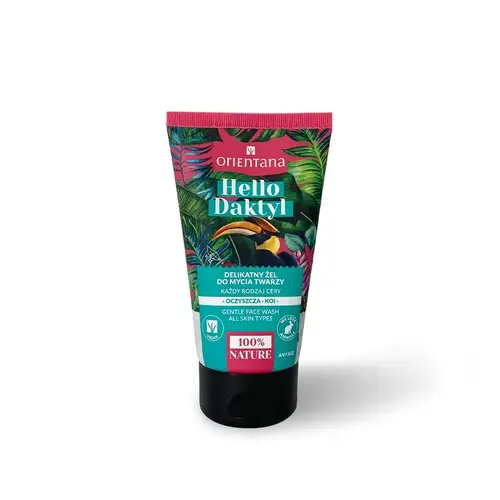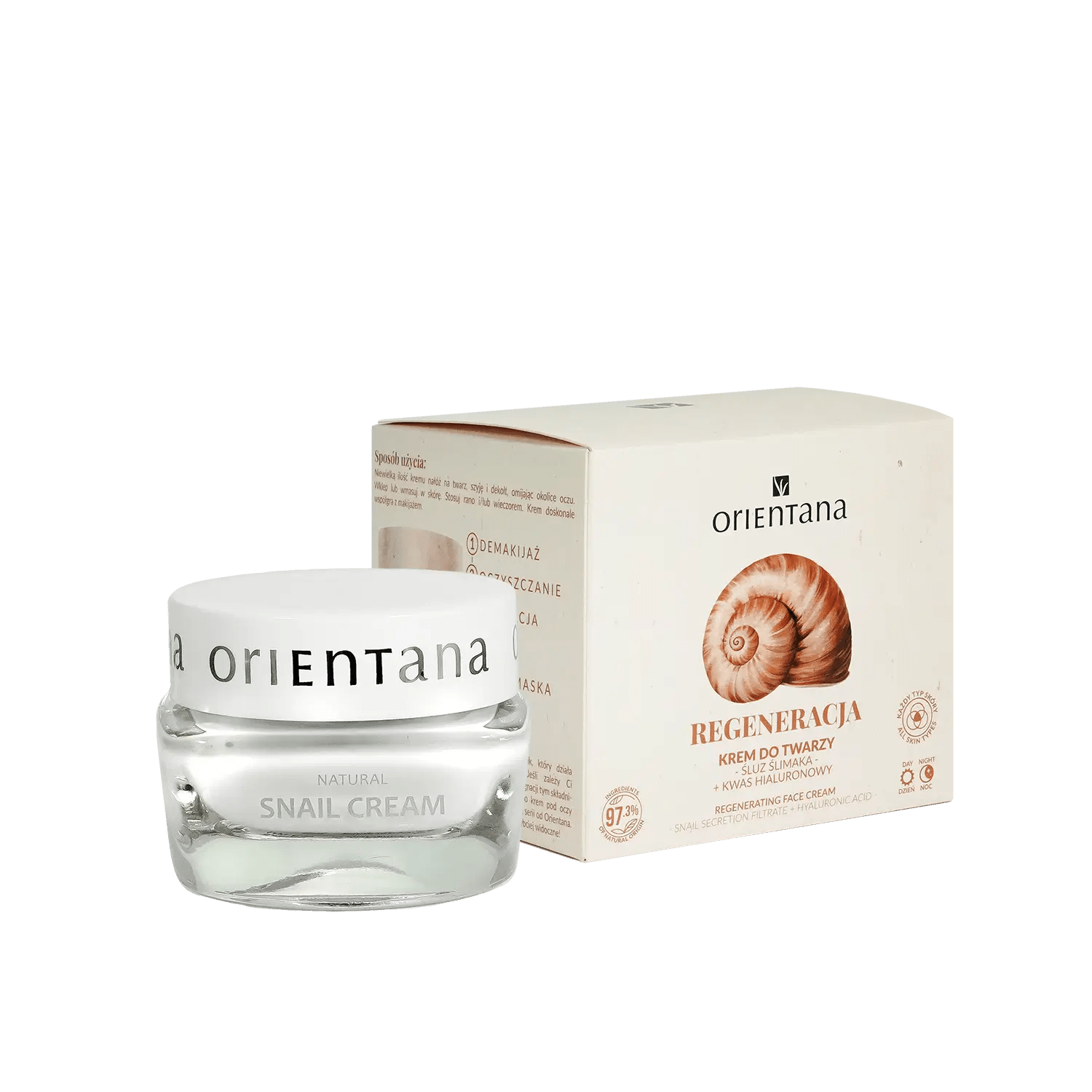Cosmetics for teenagers have recently become a hot topic. Teenage skin is characterized by a number of physiological and biochemical features that distinguish it from the skin of children and adults. The period of puberty, usually covering the ages of 12 to 18, is associated with dynamic hormonal changes that affect the functioning of the sebaceous glands, the structures of the epidermis and the general condition of the skin.
how to match cosmetics for teenagers? education is important

Teenage skin is characterized by a number of physiological and biochemical features that distinguish it from the skin of children and adults. The period of puberty, usually from the age of 12 to 18, is associated with dynamic hormonal changes that affect the functioning of the sebaceous glands, the structures of the epidermis and the general condition of the skin.
Hormonal changes
The main factor affecting the skin during puberty is hormones, especially androgens such as testosterone. Increased androgen production stimulates sebaceous gland activity, which leads to overproduction of sebum. As a result, the skin becomes more oily and prone to acne. Excess sebum can also lead to clogged hair follicles, which is the beginning of the process of blackheads and inflammatory eruptions.
Structure and function of the epidermis
During puberty, the structure of the epidermis also changes. Increased keratinization transforms the epidermal barrier, which can lead to hyperkeratosis. Decreased regularity of the keratinization process impedes the natural exfoliation of dead skin cells, which additionally contributes to the formation of acne lesions. The skin's protective properties, such as the ability to retain water, can be weakened, making the skin sensitive to external factors.
Skin Microbiome
The skin microbiome of teenagers is different from that of children or adults. Excess sebum promotes the growth of bacteria such as Cutibacterium acnes (formerly known as Propionibacterium acnes ), which plays a key role in the pathogenesis of acne vulgaris. An imbalance in the microbiome can lead to increased inflammation and dermatological complications.
Influence of external factors
Teenagers' skin is more susceptible to external factors, such as environmental pollution, UV radiation, and improper care. Using aggressive cosmetics can worsen the condition of the epidermal barrier, lead to irritation, and increase the risk of skin infections. An important element of prevention is the use of gentle cleansing agents and moisturizing preparations that strengthen the skin's protective barrier.
Dermatological problems in adolescence
The most common dermatological problem among teenagers is acne vulgaris, which affects up to 80% of people in this age group. Acne manifests itself in the form of blackheads, pimples, lumps and cysts, often located on the face, back and chest. Other problems include excessive skin dryness, eczema and inflammation caused by hormonal factors or infections.
The importance of proper care
The basic element of skin care for teenagers is cleansing, sebum regulation and moisturising. It is recommended to use cosmetics designed for youthful skin, containing active ingredients such as salicylic acid, benzoyl peroxide or niacinamide. It is also important to protect against UV radiation by using sunscreens.
What Teen Skin Needs
Teen skin requires an educational approach. Education on proper hygiene and care can help improve the health and appearance of their skin, as well as positively impact their well-being and quality of life.
Teenage skin - what does it require?

Teenage skin, like that of male teenagers, requires special care due to its increased sensitivity to hormonal and environmental factors. In girls, problematic skin affects about 70-80% of them during puberty, with 20-30% of cases having acne lesions that are advanced enough to require a dermatologist's consultation. Hormones such as estrogen can affect cyclical changes in the skin's condition due to the menstrual cycle. In practice, this means that girls' skin may be more oily and prone to breakouts before their period.
From a scientific perspective, using ingredients such as niacinamide (vitamin B3), salicylic acid, or retinoids can significantly improve the condition of teenage skin. Studies show that salicylic acid products reduce the number of blackheads by about 50% after 4 weeks of use. Regular moisturization is also important, because excessive drying of the skin leads to increased sebum production, which in turn aggravates skin problems.
The importance of proper care
The basic element of skin care for teenagers is cleansing, sebum regulation and moisturising. It is recommended to use cosmetics designed for youthful skin, containing active ingredients such as salicylic acid, benzoyl peroxide or niacinamide. It is also important to protect against UV radiation by using sunscreens. For girls, it is worth paying attention to make-up cosmetics, choosing non-comedogenic products that do not clog pores.
Statistics show that proper skin care for teenagers can reduce the occurrence of dermatological problems by up to 40%. Education in skin care and regular visits to a dermatologist can help improve the health of the skin in this age group.
Is it worth using colored cosmetics for teenagers?
Makeup in adolescence can have both positive and negative effects on the skin, depending on the products used, the application method, and the care. On the one hand, it can boost self-confidence, help with self-expression, and hide imperfections such as acne. Some products, such as foundations with SPF, can also protect the skin from UV radiation.
On the other hand, using heavy cosmetics, low-quality products or lack of proper care can lead to clogged pores, skin irritation, dryness and aggravation of skin problems.
Another common mistake is improperly removing makeup, which promotes the growth of bacteria and worsens the condition of the skin. To minimize the risk, it is worth choosing cosmetics designed for young, sensitive skin, preferably with a light, non-comedogenic formula, and avoiding products containing alcohol or irritating ingredients.
Hygiene is also key, which means washing brushes regularly and thoroughly removing makeup with gentle agents.
Proper care is also essential, which includes moisturizing the skin and using age-appropriate cleansing and exfoliating cosmetics. It is worth avoiding full makeup every day and focusing on delicately emphasizing natural beauty. A conscious approach, hygiene and balance between makeup and care will allow you to avoid negative effects and enjoy healthy skin.
What cosmetic ingredients do teenagers' skin not like?
Teenage skin, due to its sensitivity and tendency to puberty-related disorders, should not be treated with irritating, drying or comedogenic substances.
In particular, you should avoid cosmetics containing denatured alcohol, which can disrupt the skin's natural hydrolipid barrier, leading to dryness, overproduction of sebum and increased susceptibility to irritation.
It is also not recommended to use products containing artificial dyes or parabens, which can cause allergic reactions or irritations. The skin of young people should not be subjected to aggressive exfoliation treatments, such as mechanical peels with large particles, which can cause micro-damage to the epidermis and intensify inflammation.
Teenagers should also avoid using comedogenic ingredients. Avoid using heavy, oily cosmetics that can clog pores and lead to blackheads and acne.
It is also crucial to limit the use of multi-component preparations containing mixtures of active chemical compounds, which in excess may cause adverse reactions such as redness, itching or excessive flaking of the skin.
In the care of teenage skin, it is recommended to use gentle, pH-neutral products without irritating substances that support the natural regenerative processes of the epidermis without violating its integrity.
Natural cosmetics for teenagers
The first cosmetic that a teenager or teenager should get is a product for gentle facial cleansing . It should contain gentle cleansing substances. and should not contain aggressive cleansing substances. Choose a Gentle gel with date extract or a Washing and moisturizing foam .
If our teenager puts on make-up or uses a sunscreen, she should definitely use a make-up remover oil . Oil perfectly removes all dirt, even those in the pore cavities. Good cleansing is the basis of skin care for teenagers. Unwashed skin reacts with inflammation, blackheads and pimples.
It is worth using moisturizing care, especially during hot periods, e.g. in summer or winter, when the skin dries out from central heating. Teenagers should choose natural moisturizing creams without strong active ingredients. It is worth reaching for the Unique Moisturizing Cream Hello Daktyl.
And if our teenager wants a mask, let's give her a natural cream and vitamin mask .
The best cosmetics for teenagers are natural cosmetics!
Homemade cosmetics for teenagers
DIY skincare for teens can be a great solution if it is tailored to the needs of young skin and is based on safe, natural ingredients. The key is to avoid harsh products and use simple and gentle recipes that support skin health. For gentle cleansing, you can make your own oatmeal wash. Simply grind two tablespoons of oatmeal into a fine powder and mix with a little warm water to create a paste. A gentle facial massage for a minute will soothe and gently cleanse the skin.
A homemade, natural yogurt mask with honey will be great for moisturizing your skin. Just mix 2 tablespoons of natural yogurt with a teaspoon of honey, apply the paste to your face for 10-15 minutes, then rinse with lukewarm water.
A teenager can also prepare a cucumber tonic on her own. The cucumber should be blended and then the juice should be strained. The tonic should be stored in the refrigerator. Cucumber refreshes, soothes and relieves irritation.
From time to time, you can make a coffee body scrub. Just combine coffee grounds with olive oil or coconut oil.
Massage with such a natural peeling improves circulation and smoothes the skin.
It is important to remember to do an allergy test on a small area of skin before using any product. Fresh ingredients should be used, and homemade cosmetics should be used the same day or stored in the fridge for a maximum of a few days. Lemon or other acidic ingredients should not be applied directly to the skin to avoid irritation or photosensitivity.
Such home care will make sleepovers and teenage get-togethers more enjoyable. Let them use their imagination.






